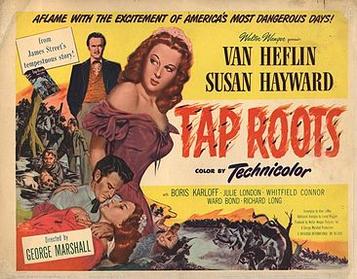Free People of Color in Slaveholding North Carolina: The Andersons of Granville CountyPosted in Articles, History, Media Archive, Slavery, United States on 2017-04-03 02:27Z by Steven |
Free People of Color in Slaveholding North Carolina: The Andersons of Granville County
Renegade South: Histories of Unconventional Southerners
2017-04-01
Vikki Bynum, Distinguished Professor Emeritus of History
Texas State University, San Marcos

Map courtesy of Kianga Lucas.
Late last year, I was contacted by Raymont Hawkins-Jones, a descendant of a family I’d written about many years earlier: the Andersons of Granville County, North Carolina. The Andersons were one of the many fascinating free families of color that I’ve studied over the years, and I enjoyed learning more about their history from Raymont. Back in pre-internet 1992, pretty much everything I knew about my subjects was what I’d learned from records held at the North Carolina State Archives. Today, social media has enabled me to meet many of their descendants and to access additional records posted on the internet. The same digital revolution that stimulated me to create this blog also allows me to revisit my early topics of research and bring their stories up to date! (1)
The Andersons and the families with whom they intermarried belonged to a community of people defined by society as non-white, but who rarely appeared as slaves in North Carolina’s state and court records. As I’ve noted in earlier Renegade South essays about the mixed heritage communities of Gloucester County, Virginia, and the “Winton Triangle” of North Carolina, the lives of free people of color reveal far more complicated histories of racial identity and race relations than the broad images of “white freedom” and “black slavery” would suggest.
In fact, families such as the Andersons are central to understanding historical events that preceded and followed the institution of slavery, including colonization, the American Revolution, the Civil War and Reconstruction, the postwar rise of the Ku Klux Klan, and the New South era of white supremacy.
The very existence of free people of color, especially those in the South, threatened the growing institution of slavery. Southern whites especially feared their influence on slaves as the United States moved toward a Civil War generated by national conflicts over slavery. Determined to prevent free people of color from exercising full rights of citizenship and mobility, lawmakers increasingly policed their behavior through oppressive laws and customs…
Read the entire article here.


